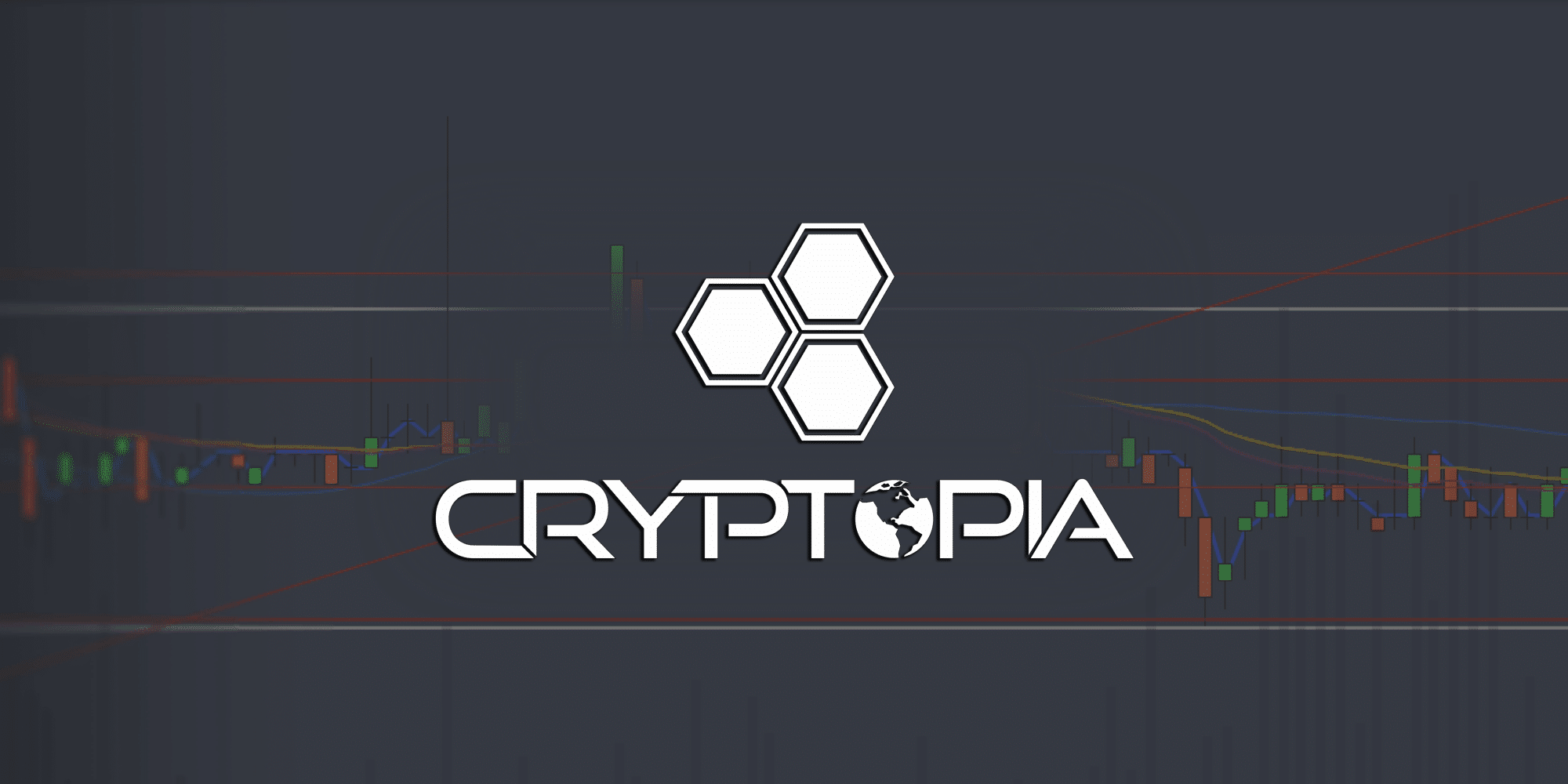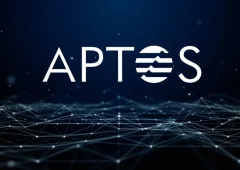Cryptopia Liquidators Begin Distributing $225 Million to Affected Users After 2019 Hack
21.12.2024 15:00 2 min. read Alexander Stefanov
Nearly six years after Cryptopia’s infamous 2019 hack, liquidators have begun compensating the platform’s affected users.
Grant Thornton, the firm handling the exchange’s bankruptcy proceedings, announced that it had initiated the distribution of over 400 million New Zealand dollars (approximately $225 million) to more than 10,000 verified users who lost funds during the breach.
The hack, which drained around $16 million in various cryptocurrencies, led to the exchange’s eventual collapse. Since then, Grant Thornton has worked to distribute the assets recovered through the liquidation process, which was formalized with the launch of the Cryptopia claims portal in 2020. The initial payouts were made in Bitcoin and Dogecoin, with plans to extend further distributions in the near future.
As the process moves forward, Grant Thornton has outlined that more funds will be allocated to verified users in the coming months. The liquidation team has also noted that any unclaimed assets from users who failed to register for the claims portal will be used to boost payouts, potentially ensuring that all eligible users can receive up to 100% of their initial losses.
READ MORE:

Aptos Announces Major Leadership Change
With continued calls for remaining Cryptopia account holders to complete the necessary steps to register and confirm their claims, Grant Thornton hopes to wrap up this phase of the distribution by the beginning of the new year. The exchange, once a major player in the New Zealand crypto scene, had faced numerous challenges, from the hack to its eventual insolvency. Despite this, the liquidation process continues to move forward, offering some recovery for those who were impacted by the breach.
-
1
Argentina Clears Milei of Wrongdoing in LIBRA Memecoin Controversy
10.06.2025 8:00 1 min. read -
2
U.S. Court Cracks Down on Early Crypto Fraud With Massive Fine
14.06.2025 10:00 1 min. read -
3
Shaquille O’Neal Agrees to $1.8M Settlement Over FTX Endorsement Lawsuit
15.06.2025 21:00 1 min. read -
4
Iran Limits Crypto Trading Hours After Politically Charged Hack on Nobitex
20.06.2025 11:00 1 min. read -
5
Whale Accumulates Curve Tokens Amid Market Lull
16.06.2025 11:00 1 min. read
U.S. Bank Advises Clients to Drop These Cryptocurrencies
Anchorage Digital, a federally chartered crypto custody bank, is urging its institutional clients to move away from major stablecoins like USDC, Agora USD (AUSD), and Usual USD (USD0), recommending instead a shift to the Global Dollar (USDG) — a stablecoin issued by Paxos and backed by a consortium that includes Anchorage itself.
Vitalik Buterin Warns Digital ID Projects Could End Pseudonymity
Ethereum co-founder Vitalik Buterin has voiced concerns over the rise of zero-knowledge (ZK) digital identity projects, specifically warning that systems like World — formerly Worldcoin and backed by OpenAI’s Sam Altman — could undermine pseudonymity in the digital world.
What Are the Key Trends in European Consumer Payments for 2024?
A new report by the European Central Bank (ECB) reveals that digital payment methods continue to gain ground across the euro area, though cash remains a vital part of the consumer payment landscape — particularly for small-value transactions and person-to-person (P2P) payments.
History Shows War Panic Selling Hurts Crypto Traders
Geopolitical conflict rattles markets, but history shows panic selling crypto in response is usually the wrong move.
-
1
Argentina Clears Milei of Wrongdoing in LIBRA Memecoin Controversy
10.06.2025 8:00 1 min. read -
2
U.S. Court Cracks Down on Early Crypto Fraud With Massive Fine
14.06.2025 10:00 1 min. read -
3
Shaquille O’Neal Agrees to $1.8M Settlement Over FTX Endorsement Lawsuit
15.06.2025 21:00 1 min. read -
4
Iran Limits Crypto Trading Hours After Politically Charged Hack on Nobitex
20.06.2025 11:00 1 min. read -
5
Whale Accumulates Curve Tokens Amid Market Lull
16.06.2025 11:00 1 min. read

